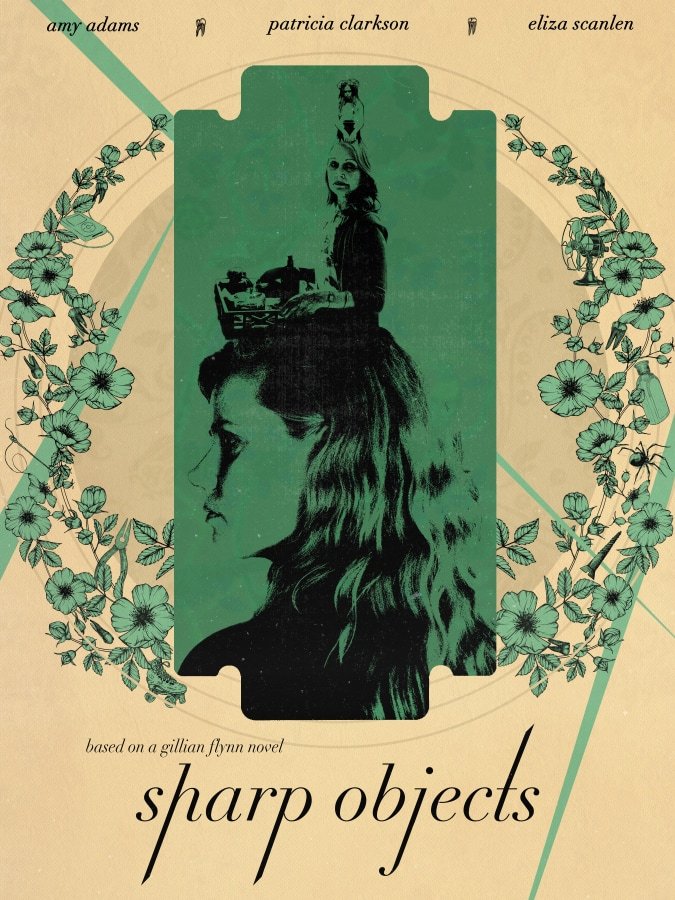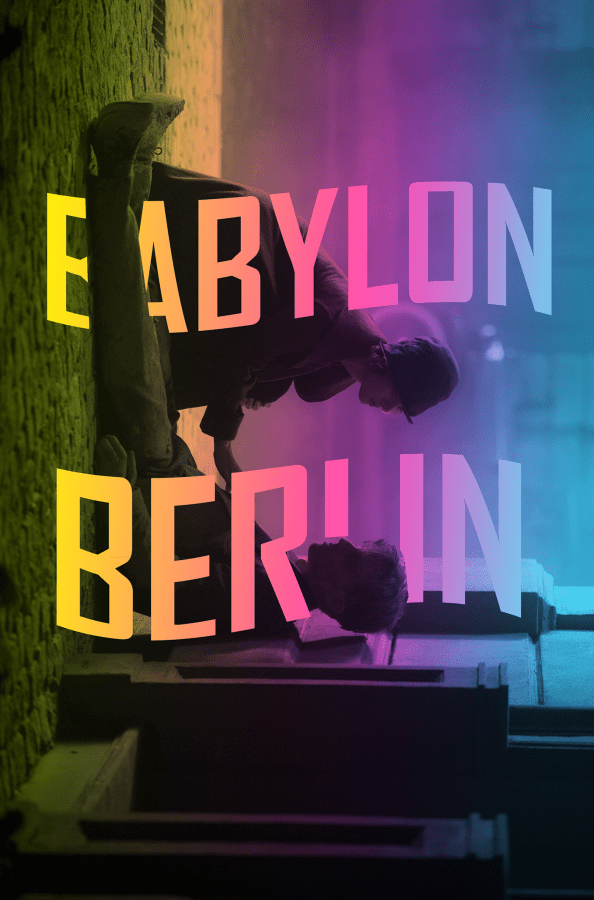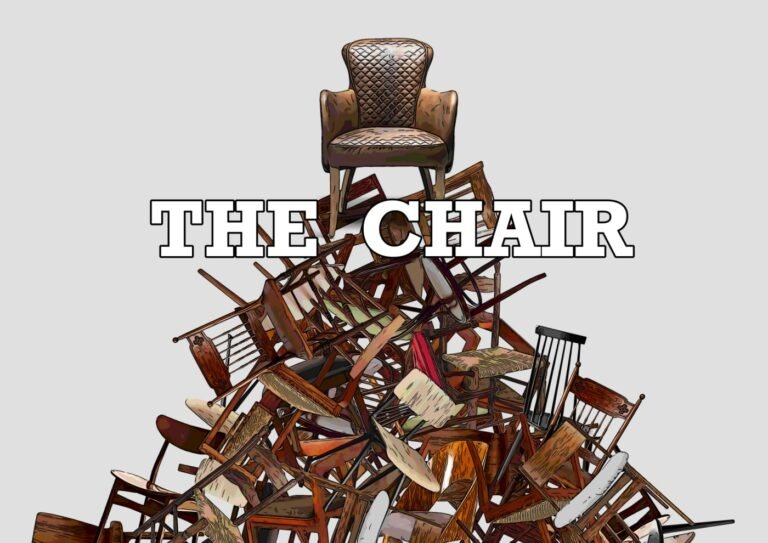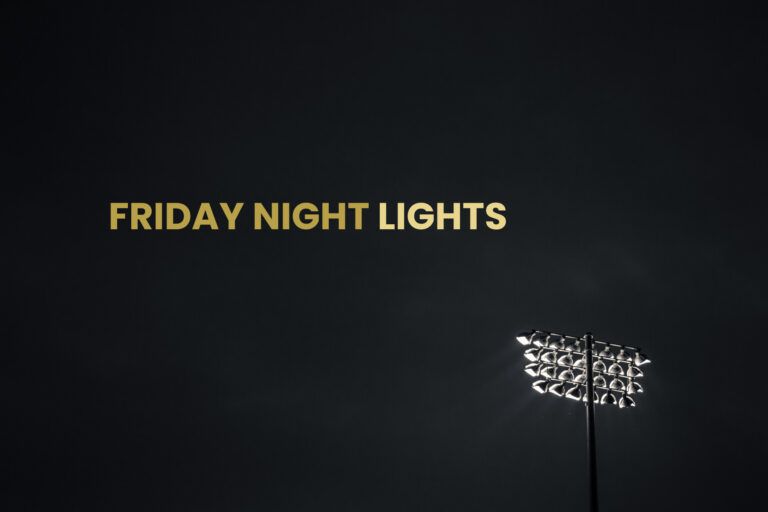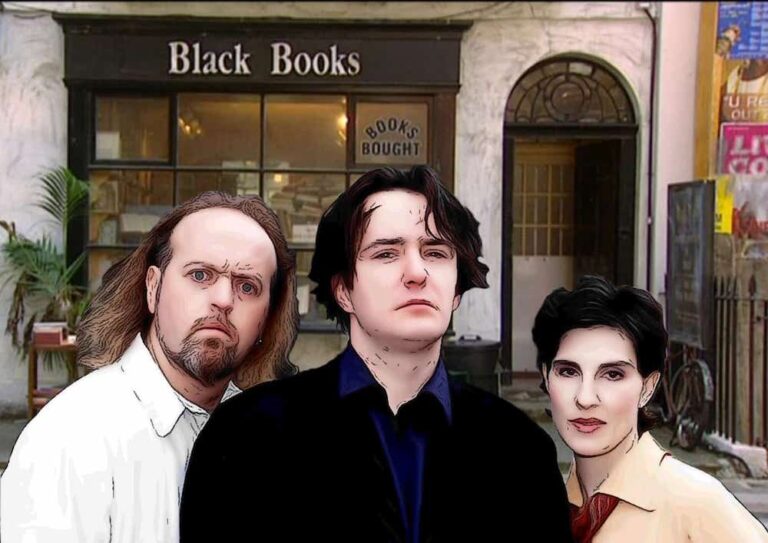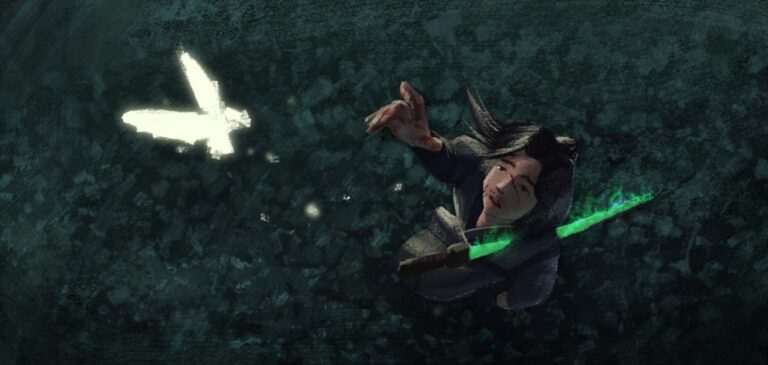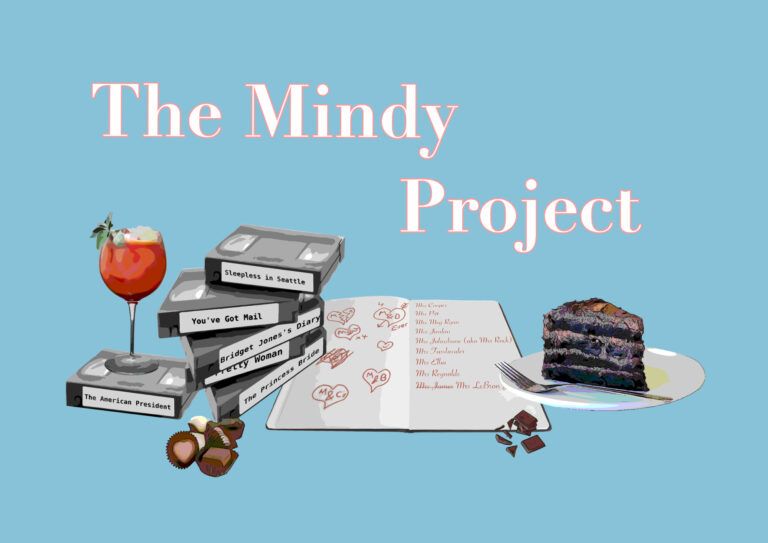Seductively slow, Sharp Objects is a series worth being lulled into, rewarding the audience’s patience with tantalising insight into the protagonist’s – journalist Camille Preaker (Amy Adams) – backstory. Her past and disturbing family life being as interesting as the growing list of suspects in the murders of her home town. Similar to game of Guess Who as you begin to cross off the suspects only to add them again later, all the while tightening in with a constant threat of danger.
Centring around the life of Camille Preaker, Sharp Objects moves repeatedly from her past to the present day as she investigates and reports the murder and disappearance of two teenage girls from her home town of Wind Gap. Teeth pulled, strangulation, a woman in white – all the usual intrigue and suspense of a serial killer are built and revealed. But they’re equally matched by the drama of Camille’s family against the backdrop of a small American town that’s only just surviving.
Matriarch to both family and town is Camille’s mother, Adora Crellin – the worst human being/mother ever – and who’s played to such perfection by Patricia Clarkson that you’ll find yourself wanting to push Adora down the stairs. Somehow though she gets away with the public image of being a caring-doting-mother, possibly because she runs the town – being the wealthy employer of a population clearly divided by the rich versus the poor (who more than outnumber the former). Adora extends her control of the neighbourhood to her family – though Camille fights against it as best she can. Her mother is cold, uncaring and loves only the image she presents to the world and to her deluded self. She’s also harsh to her husband Alan (Henry Czerny) who’s Camille’s step-dad, and an inward embodiment of a Stepford wife – perfect only in appearance – but worst of all they’re apparently spoiling the crazy out-of-control half-sister Amma (Eliza Scanlen). But Camille wasn’t always alone in growing up, the flashbacks of her childhood telling of another sister, Marian (Lulu Wilson), who was her best friend till she sadly died at a young age, the cause of her death not being discovered till much later. But what we do know, and feel, is Camille’s loss and blame in her death. In the most highly-charged memory – and a scene incredibly well-acted – a young Camille (Sophia Lillis) tries to rub the lipstick off her sister’s corpse, and why? For it’s not who her sister was, but just another sign of her mother’s mark, influence and control over appearance.
The pain of living with the past, to the hurt inflicted by others, surpasses even that which Camille does to herself – with the sharp objects being the words her family and the townsfolk use. Camille’s control and relief from them provided through acts of self-harm, and ones that don’t always draw blood. The audience is shown from episode one that Camille is struggling with life, she’s an alcoholic, an occasional drug-user, and from the Kit-Kats tipped out of her bag she’s; a) a hypocrite, for she never gives herself a break and b) seeks comfort with things that are bad for her. She’s also a frequent drink-driver, making it overly-apparent that she’s given up on life, and from escaping the past.
The scars in people’s life are not always visible, and in this Camille’s self-harming tells of the pain she feels inside – her scars literally spelling them out, such as ‘vanish’, with her wish to disappear from it all being very evident. Sharp Objects handles the delicate topic of self-harming well, from Camille’s first-hand perspective, to the vicious cycle of its pain, to the misunderstood way the world can look and react to it.
Traumatised by her past, Camille’s memories continue to revisit her; from mere flashes; a brief scene; a connection or hint revealed in the shortest of lines. Each time conveying not only the lasting impact these events have had on her life – her sister’s Marian’s death; the boys in the wood; her teenage roommate at the hospital – but in their quick display, allows you to stay in the present moment of Camille, while seeing the weight of her emotions in the chosen memory. Its effect immerses you into her life, and to feel the depth to which she’s drowning, while the ‘blink and you might miss it’ apparitions of her sister Marian emphasise the continual presence and guilt for her.
Mourning her sister Marian and having distanced herself from her unloving family, it’s no surprise that Camille’s become estranged from her rebellious and much younger sister Amma. But Amma desperately wants a relationship with Camille and as a viewer you’re not sure if it comes with ulterior motives, harm or loneliness. The development between the two coming with many a tribulation, a pushing of boundaries and jealousy– that’s only exacerbated by their age gap – with Camille seeing her troubling teenage years in Amma’s outward attitude, along with a chance to redeem her guilt, and maybe the possibility of salvaging something from her family. There’s also a seeking of comfort in the family you choose, rather than those tied in blood – seen in the relationships Camille chooses outside of her blood-family, such as in her boss, a police detective and in the support of a troubled youth.
The series is meticulously delivered, though the ending is unfortunately stopped short of being complete, with the final credits only adding further to the feeling of being slightly short-changed. An extra episode would have been appreciated and allowed all the ramifications to hit home. Thankfully however, the series is based on the book of the same name by Gillian Flynn and it gives a slight extension to the series’ ending, one that I personally feel rounds it off a bit better. Although I can see the attraction in ending the finale in such a way – creating a more widely discussed conclusion, and a hard-hitting effect for the audience.
But what about a second series? Despite the temptation of following the fragile and yet strong Camille, this is sadly a limited series, which may relieve Amy Adams, as she’s previously stated that she could not do another series of such dark content. It must also be said that Adams was brilliantly chosen for the role, making a character that invents the term multi-layered, while the town’s personalities emanate their emotions of anger and frustration so strongly that you often want to scream on their behalf, or at them.
Sharp Objects also tells of a wider-context and issues, from socio-economic strata, mis-perceptions of rape, opinions based on old gender-conformity, small town gossip, the complexities of mental health, and the dysfunction of some groups having a need for an alpha, while the surrounding betas won’t say anything but just roll over and show their belly. It’s grim, depressing, but real as anything, this crime-thriller extending into the solving of a dark personal past from which our protagonist tries to find her footing in going forwards.
Creator: Marti Noxon
Other notable works:
- UnREAL 2015-2018
- Mad Men 2007-2015
- Grey’s Anatomy 2005 –
- Prison Break 2005-2017
- Angel 1999-2004
- Buffy the Vampire Slayer 1997-2003
Based on the book Sharp Objects by Gillian Flynn.

